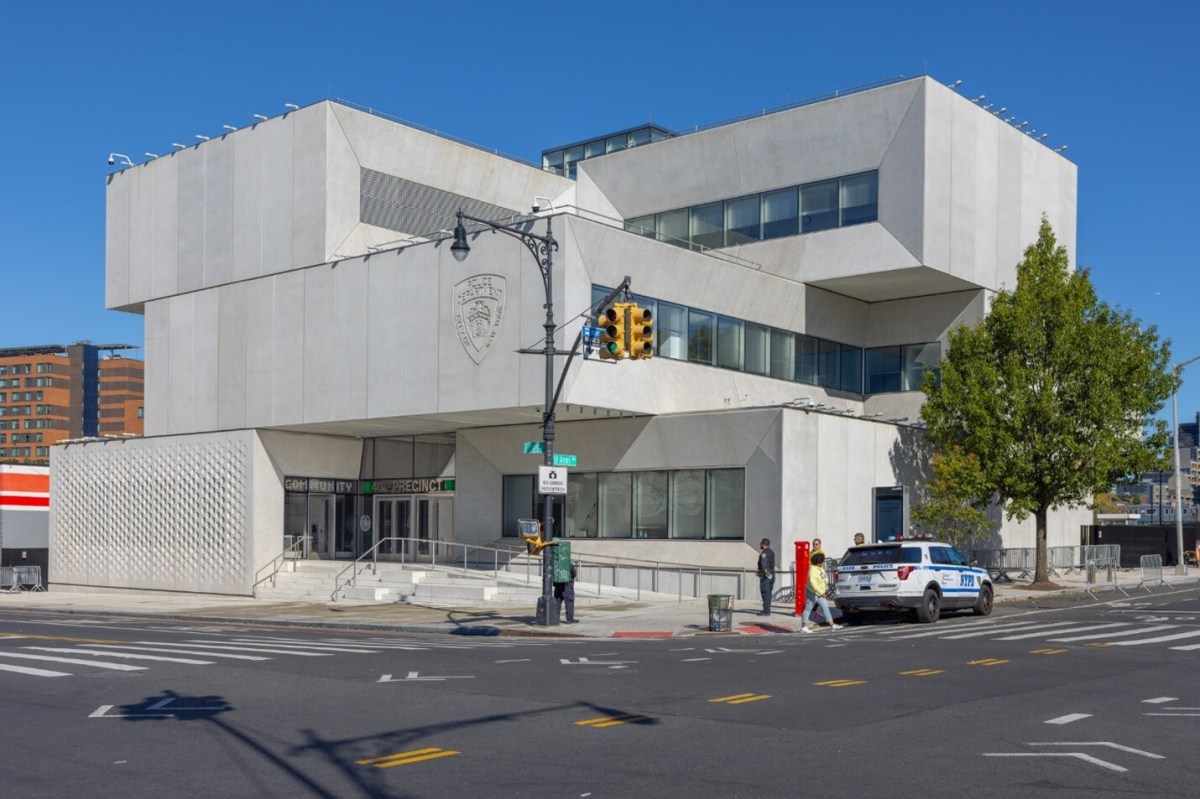By now it’s clear that one of the resounding messages from voters in this year’s election was the need to address the affordability crisis. At the same time, another message is being sent loud and clear by Mother Nature about the urgency of addressing another crisis: climate change. In fact, those two crises are inextricably linked.
This year, once again, we’ve seen torrential rains, searing heat, unprecedented drought, and other extreme weather events destroying homes and businesses, causing millions of dollars in damage, and hammering home yet again (for anyone still clinging to doubt or wishful thinking) that the climate crisis is upon us, and it is already taking its toll on our communities, our people, and our infrastructure. The impact of climate change serves to compound and multiply the seemingly ever-increasing cost of living for New Yorkers.
We are now starting to pay what is, in effect, a “climate crisis tax.” This tax takes many forms. One example is property insurance rates, with insurance brokers reporting increases in policy costs ranging from 10% to 300% in New York City, with average premiums for buildings with at least 50 units doubling in Brooklyn and increasing by over 50% in Manhattan and Queens between 2020 and 2023. These increases are driven in large part by extreme and less-predictable weather caused by climate change.
Another way we pay the climate crisis tax is through our healthcare costs, both individually and as a society. The climate crisis increases the prevalence and intensity of several chronic health conditions, such as respiratory issues like asthma and COPD, and even seasonal allergies. Climate-driven extreme weather also increases the number of injuries that move through our healthcare system, such as those caused by hurricanes or an increasing number of heat waves, which wreak particular havoc on the very old and very young. Nationally, it is estimated that increased healthcare costs – both direct and indirect – related to burning fossil fuels cost Americans $8 trillion every year. Talk about a tax hike.
We also pay the climate crisis tax through our actual taxes, whether city, village, town, county, state, or federal. These taxes pay to repair our critical infrastructure – roads, bridges, sewer systems, power and phone lines, etc – from climate-driven damage, and also to prepare our communities to more successfully weather the storms of the future. The price tag for these non-negotiable costs is staggering. Upgrading New York City’s sewer system is estimated to cost around $100 billion, and a single project by the Army Corps of Engineers to protect New York Harbor comes with a price tag of over $50 billion. Estimates for preparing Long Island range from $100-$150 billion. Those already massive costs are just scratching the surface of what we will need to spend, locally and statewide, in the coming decades.
Fortunately, relief from the climate crisis tax may be on the way. Earlier this year, both houses of the State Legislature passed the nation-leading Climate Change Superfund Act, a bill that will ease the burden on New Yorkers of paying for climate adaptation by requiring the largest multinational oil, gas, and coal companies to help pay some of those costs.
The Climate Change Superfund Act takes the “polluter pays” principle that we are familiar with from traditional superfund pollution cleanups and applies it to the climate crisis. Modern science allows us to say with certainty which companies sold the products that contributed the most to causing the crisis. Once that has been determined, the state can assess a fee on those companies – think Saudi Aramco and ExxonMobil – to recoup the damages our state has suffered as a result of their activities.
In this way, New York State will raise $75 billion over the next 25 years – or $3 billion every year. There’s an argument to be made that these companies should be asked to pay more, given that the cost of the climate crisis to New Yorkers reaches so many hundreds of billions of dollars. But $3 billion per year will go a long way toward reducing New Yorkers’ costs. And economists, including Nobel Prize-winner Joseph Stiglitz, agree that the design of the Climate Change Superfund Act means that the cost of the assessment on the companies will not be passed along to consumers (who are, of course, already paying that amount and more because of the climate crisis tax).
Now the only thing standing between New Yorkers and $3 billion of annual relief is Governor Hochul’s signature. The climate crisis is only going to get more intense, and the cost of the climate crisis tax is only going to go up. Governor Hochul must address this critical driver of our increasing cost of living, and make signing this bill a priority.
Liz Krueger is the Chair of the New York State Senate Finance Committee, and the Senate sponsor of the Climate Change Superfund Act.


































